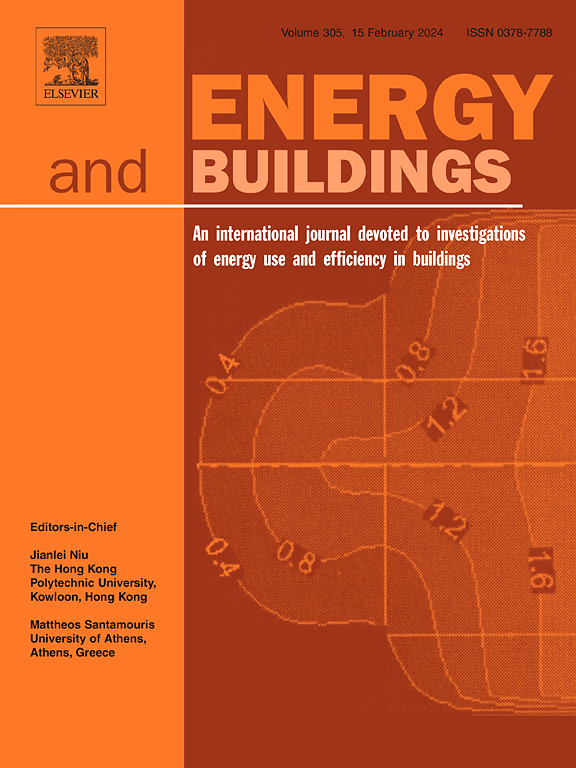Advancing energy renovations through digitalisation: A critical review of EU policies and instruments
IF 6.6
2区 工程技术
Q1 CONSTRUCTION & BUILDING TECHNOLOGY
引用次数: 0
Abstract
This paper provides a holistic overview of the evolution of policies towards digitalising energy renovation processes in the European Union (EU). Since the European Green Deal initiative in 2019, EU policies have been increasingly addressing the digitalisation of the building industry to enable evidence-based decisions when tackling environmental challenges. To better understand the development(s) since, this paper integrates a structured policy analysis approach and critically reviews 31 EU policy documents on digitalisation and/or energy renovation. The analysis identified a growing number of policy instruments aimed at supporting a robust use of data, to, among others, improve decision-making and information sharing throughout the energy renovation process. These include Energy Performance Certificate, Building Renovation Passport, Smart Readiness Indicators, Level(s), Digital Building Logbook, Digital Product Passport, Digital Twin, Building Information Modelling, and Digital Permitting. While each of these nine instruments can independently facilitate decision-making on sustainable and/or smart renovations, they also project a significant degree of complementarity between each other. To that, this paper presents the Digital Energy Renovation Framework, which comprehensively synthesises the (inter)relationships between the proposed policy instruments with respect to facilitating energy renovation processes. A key finding is that the integration between the Building Renovation Passport and a data-rich Digital Building Logbook is fundamental to maximise the impact on decision-making throughout the renovation process. To achieve this, ensuring coherence and interoperability of data throughout the renovation value chain is crucial, with the standardisation of data formats and protocols being essential for effective data gathering and processing across these instruments.

求助全文
约1分钟内获得全文
求助全文
来源期刊

Energy and Buildings
工程技术-工程:土木
CiteScore
12.70
自引率
11.90%
发文量
863
审稿时长
38 days
期刊介绍:
An international journal devoted to investigations of energy use and efficiency in buildings
Energy and Buildings is an international journal publishing articles with explicit links to energy use in buildings. The aim is to present new research results, and new proven practice aimed at reducing the energy needs of a building and improving indoor environment quality.
 求助内容:
求助内容: 应助结果提醒方式:
应助结果提醒方式:


